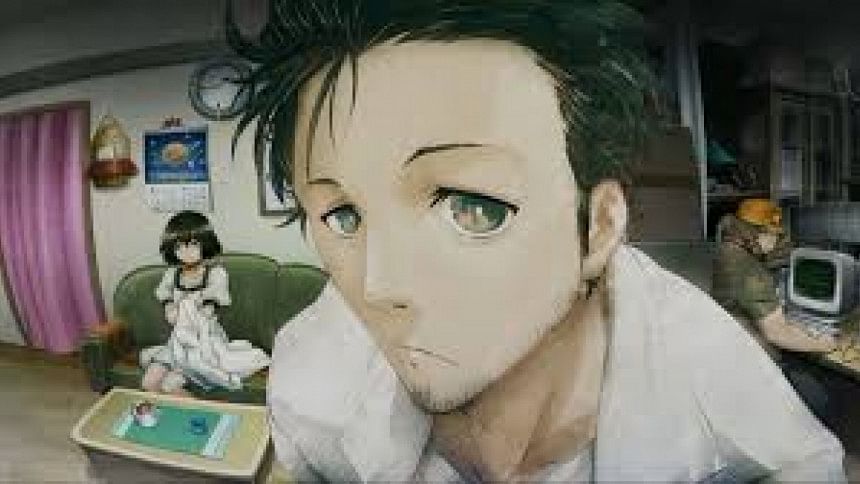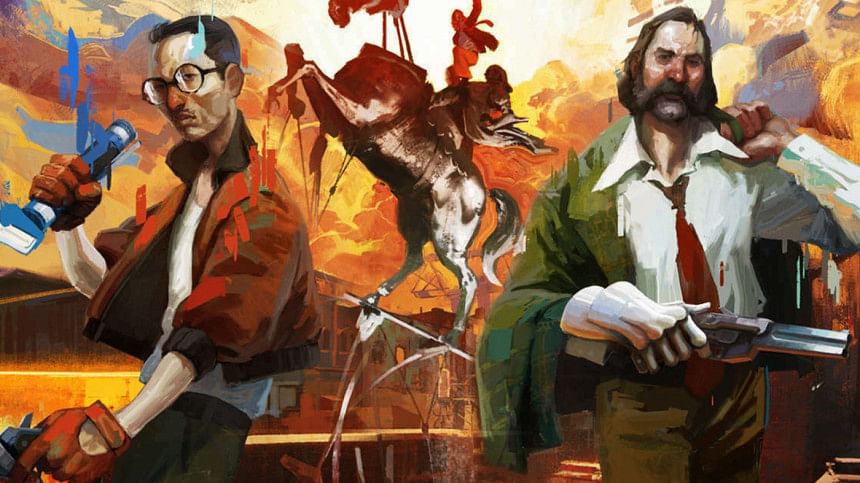Looking to get into visual novels? Here’s where to start

As their name might suggest, visual novels are essentially stories that have a visual component to them. These fall into a unique category of video games where the majority of the interactions rely on reading and clicking—with a few bells and whistles added here and there. While the experience described here may sound a tad bit limiting, visual novels often serve as the perfect blend between reading a book and playing a game. As such, the experience they offer can be varied, with in-depth stories written to feel fresh and to allow the players the ability to make meaningful choices that affect the outcome of the game.
There are plenty of visual novels to get started with. For those looking to experience a story that manages to be dense and lengthy, and yet has a level of interactivity associated with it, here are three visual novels to check out.
Phoenix Wright: Ace Attorney
While these games were initially not marketed as 'visual novels', that was only because they preceded the rise in popularity of the visual novel. The style of gameplay and the narrative presented here are very much what ended up being popular in contemporary visual novels. The story is rich, humorous, and contains an attention to detail rarely seen in any detective-style game.
Originally released all the way back in 2001, Phoenix Wright: Ace Attorney follows our titular character working as a defence attorney swinging between investigating cases and defending his clients from the clues discovered through his investigations. As such, the game also employs a variety of puzzles alongside dialogue options that allow you to take charge of proving your client's innocence. The player is given plenty to do here, from examining clues to speaking to witnesses—the game does a fantastic job at laying out the whole process for the player to experience. For those wanting to experience a crime-solving game with a riveting story that shifts effortlessly from dramatic to tongue-in-cheek, this is a must-try.

Steins; Gate
If you're familiar with the masterfully created sci-fi time-travelling anime, then you probably already know the story Steins;Gate has to offer. The overarching narrative is the same in both media, but how the player arrives at it in the visual novel depends upon the choices they make.
The story follows Okabe Rintarou (also known as Hououin Kyouma) as he one day finds the body of a young scientist named Makise Kurisu covered in blood. This sets off a series of events involving time travel, conspiracy theories, and attempting to change a future that may be set in stone. The narrative is dense and long, sometimes feeling a little drawn out, but always manages to pay off by the end. Unlike Phoenix Wright, however, player interactions with this visual novel are generally kept to a minimum— hence, the focus is always on the storytelling and not on any additional mechanics such as puzzle solving or discovering clues. While this can take away from the interactive aspect of the visual novel, the oddball narrative filled with twists and turns more than makes up for any shortcomings Steins;Gate may have.

Disco Elysium
Listing this one as a visual novel might be cheating slightly as Disco Elysium most certainly has tons of RPG elements in its gameplay. However, it needs to be addressed that Disco Elysium is one of the most text-heavy games to reach the popularity that it has. Containing more lines of text than the entire Lord of the Rings series, the narrative of Disco Elysium follows a police officer waking up from a bender with no memory of where he is or even who he is. The story then revolves around traversing the fictional city of Revachol, trying to uncover the mystery of a body hanging from a tree.
The premise may seem simple, but the world it takes place in is the furthest thing from it, exploring themes of poverty, politics, civil war, and even personal trauma. There is no one way to play the game—nor is there a correct way to do it. Disco Elysium blends the text-heavy nature of a visual novel with the dice-rolling mechanics one may find in famous RPGs to create an unforgettable experience that requires multiple playthroughs to fully enjoy everything the game has to offer.

 For all latest news, follow The Daily Star's Google News channel.
For all latest news, follow The Daily Star's Google News channel. 





Comments